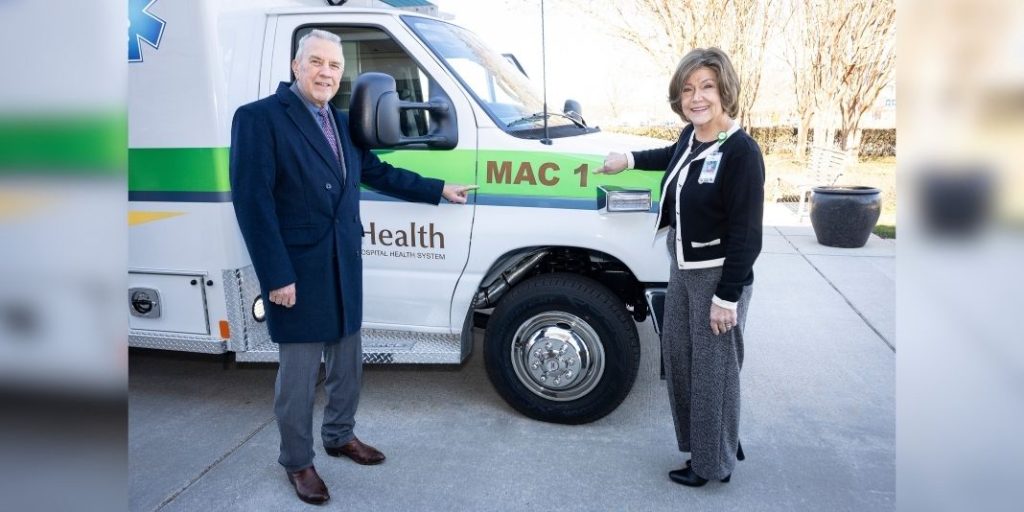ARLINGTON, Va. — Alabama received a report card today, and it’s not good.
According to the March of Dimes 2024 Report Card, Alabama’s preterm birth rate remains high at 12.9% while significant health disparities persist among racial and ethnic groups.
The report details the persistent challenges in maternal and infant health across Alabama, one of eight states receiving an F in maternal and infant health.
By comparison, only Mississippi (15%), Louisiana (13.4%) and West Virginia (13.1%) have higher preterm birth rates.

“In order to save lives and support healthy pregnancies and births, it’s critical that we work to improve outcomes and eliminate health disparities across our country,” said Dr. Amanda P. Williams, interim chief medical officer at March of Dimes. “Our work must focus on equitable, science-backed solutions that address these challenges from all sides — through public health, policy advocacy, and community-based programs that support moms and babies.”
The report said chronic conditions such as hypertension and diabetes remain significant risk factors in maternal health, with pre-pregnancy hypertension rising over 10% nationally from 2022 to 2023, impacting more than 3% of live births.
Meanwhile nationally, for the third consecutive year the U.S. earned a D+ grade for preterm birth. In addition to the U.S. preterm birth rate remaining historically high at 10.4%, there are significant disparities among racial and ethnic groups.
In 2023, more than 370,000 babies were born preterm (1 in 10) and approximately one-third of the largest cities received an F for preterm birth.
The Report Card also highlights concerning trends in prenatal care. In Alabama, rates of inadequate prenatal care persist – Individuals without prenatal care face preterm birth rates nearly 9% higher than those receiving adequate care, emphasizing the critical importance of early support.
“Every baby deserves the chance for a healthy start, yet the data continue to show unacceptable health outcomes for far too many families,” said Cindy Rahman, March of Dimes interim president and CEO. “March of Dimes is committed to advocating for policies that make healthcare more accessible like Medicaid expansion, addressing the root causes of disparities, and increasing public awareness of effective solutions like our Low Dose, Big Benefits campaign, which supports families and communities to take proactive steps toward healthy pregnancies.”
In addition to chronic conditions, March of Dimes examined environmental factors that impact maternal and infant health outcomes. Studies show that pregnant people exposed to environmental risks like extreme heat and air pollution are more likely to have preterm births, low birth weight, or stillbirth, and suffer from preeclampsia.
Key findings from the 2024 Report Card for Alabama:
- Preterm birth: The preterm birth rate in Alabama was 12.9% in 2023, higher than the rate in 2022
- Inadequate prenatal care: 18.1% of mothers did not receive adequate prenatal care in 2023
- Maternal mortality: The maternal mortality rate in Alabama is 38.6 per 100,000 births
- Infant mortality: The infant mortality rate decreased in the last decade; In 2022, 389 babies died before their first birthday
- Environmental exposure: Exposure to extreme heat or air pollution can increase the risk of poor maternal and infant health outcomes, including preterm birth
This latest report comes on the heels of “Nowhere to Go: Maternity Care Deserts Across the US,” which revealed the worsening state of maternity care access in America. The latest data shows that more than 6 million women live in counties with no or limited access to maternity care services, a situation exacerbated by recent hospital closures and reductions in obstetric services.
March of Dimes calls on state and federal legislators to expand Medicaid coverage, enhance prenatal care access, and establish environmental safeguards to protect at-risk communities.











